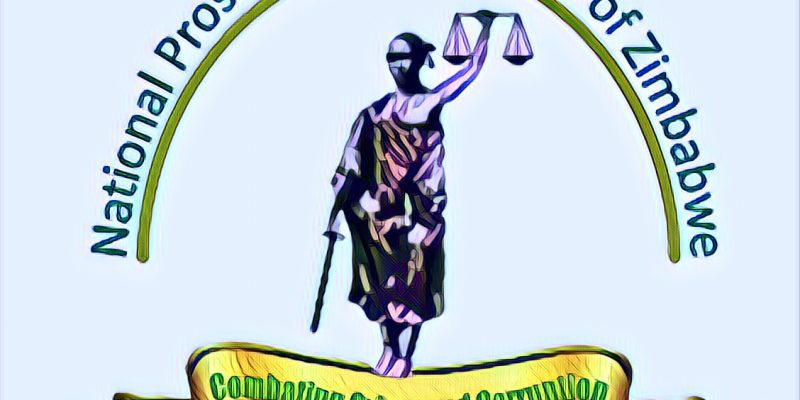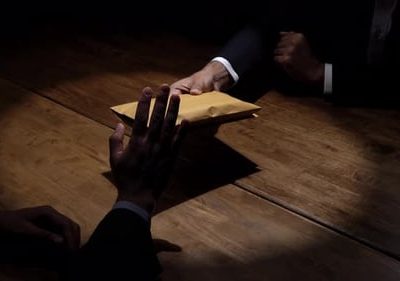The High Court of Zimbabwe has authorized the forfeiture of a thief’s legally acquired house after stolen funds remained untraceable.
Phillip Tendenedzai, convicted in February 2023 for stealing US13,147 from his employer, will now lose his property in Caledonia, valued at US40,000.
By Vongai Masuka
Despite Tendenedzai’s conviction, authorities were unable to locate the stolen funds.
Consequently, the Prosecutor-General applied for the forfeiture of Tendenedzai’s property under Section 78(2) of the Money Laundering and Proceeds of Crime Act which allows for the seizure of “untainted” assets, meaning property acquired legally, equivalent in value to the proceeds of crime when the original funds are unrecoverable.
The ruling emphasizes the principle of “substitute asset forfeiture,” ensuring that criminals do not benefit from their illicit activities, even if the direct proceeds are hidden or dissipated.
“This ruling reinforces our commitment to ensuring that crime does not pay,” reads a statement from National Prosecuting Authority of Zimbabwe (NPAZ).
“Even if stolen funds cannot be traced, the law allows for the forfeiture of legally acquired property of equivalent value. This serves as a strong deterrent against economic crimes and sends a clear message that we will pursue all avenues to recover what is stolen and compensate victims.” The statement reads.
NPAZ has issued a warning to the public that they will utilize the full extent of the law to recover stolen assets, regardless of their form or location.




Comments